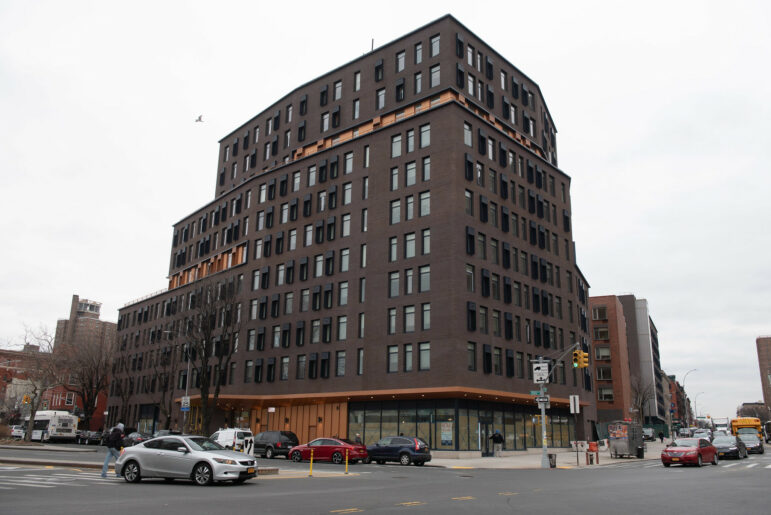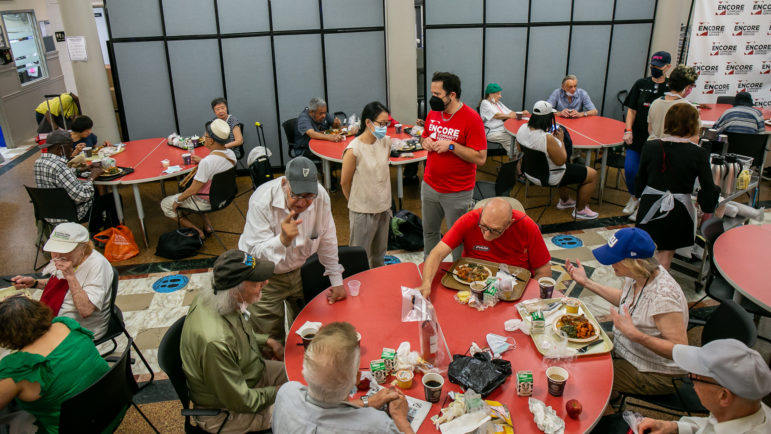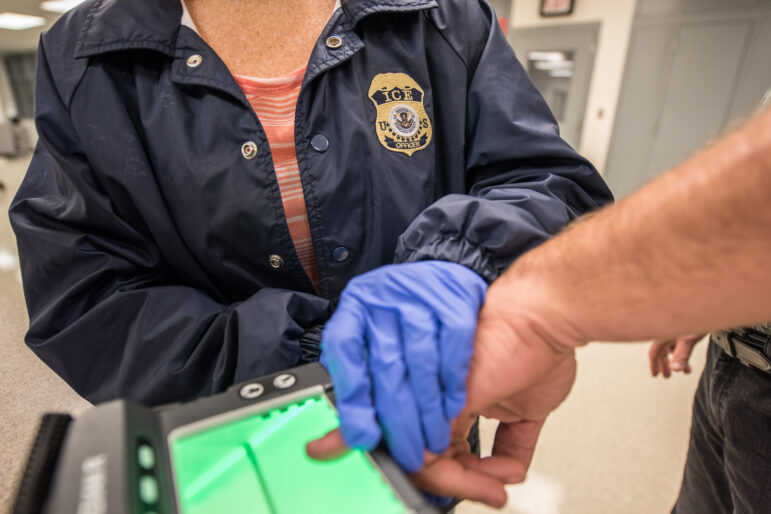This past January, Uzma Naheed desperately needed help. Naheed’s brother and husband had both been picked up by the U.S. Immigration and Naturalization Service, leaving her with no legal assistance, no way to see them, and no source of income for herself and her four young sons. So she called the hotline number of Desis Rising Up and Moving (DRUM), a Queens-based community group for working-class South Asians. Naheed spoke to Monami Maulik, co-founder and organizer of DRUM, who helped her get legal representation and moral and monetary support.
Born in Calcutta 27 years ago and raised in the Bronx, Maulik managed, in her words, to “hustle” her way into Cornell University. She calls her time there a “politicizing moment”–she took classes in Third World and Women’s studies, and minored in South Asian studies.
But her real awakening came after her freshman year, when she took a trip back to India. The journey turned her entire concept of social justice work on its head: When she returned to school, she realized that she had learned more in the couple of months she spent with family in India than she ever had at the Ivy League institution.
Maulik credits her ability as an organizer working in traditional and male communities to her mother, a non-traditional woman with a “spiritual understanding of resistance.” After finishing college and returning to New York City, volunteering with the New York Taxi Workers Alliance drove this concept home for Maulik.
“It was like hanging out with people I had grown up with, but now for the purpose of fighting for justice,” recalls Maulik. “It was like organizing with my uncles.”
At the Taxi Workers Alliance, says founder Bhairavi Desai, Maulik was able to “discover her own voice” by working in her own community. In 1999, Maulik founded DRUM with other young desis–people whose country of origin is in the Indian subcontinent–hoping to seed a “radical South Asian working-class tradition.” Originally run out of Maulik’s apartment, DRUM protested anti-immigrant policies, particularly INS detentions, from the start. So on September 11, they knew exactly what to do: by September 13, 2001, only two days after the terrorist attacks, DRUM had set up its hotline, printed flyers about it in English, Bengali, Urdu, Gujarati, and Punjabi, and started distributing them to hundreds of South Asians in mosques, stores, and on the street.
“Here you’ve got a whole ethnic population targeted by the U.S. government,” says Martin R. Stolar, who became Naheed’s lawyer as a result of Maulik’s intervention. “Monami and DRUM are an absolute lifeline of support.”








